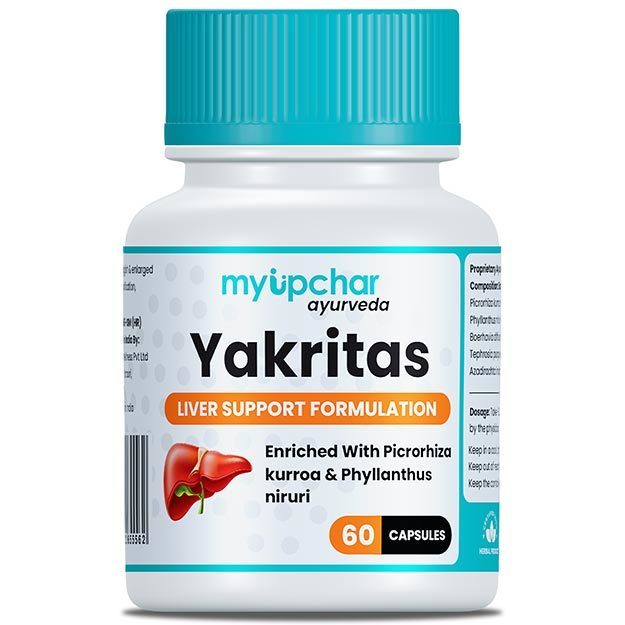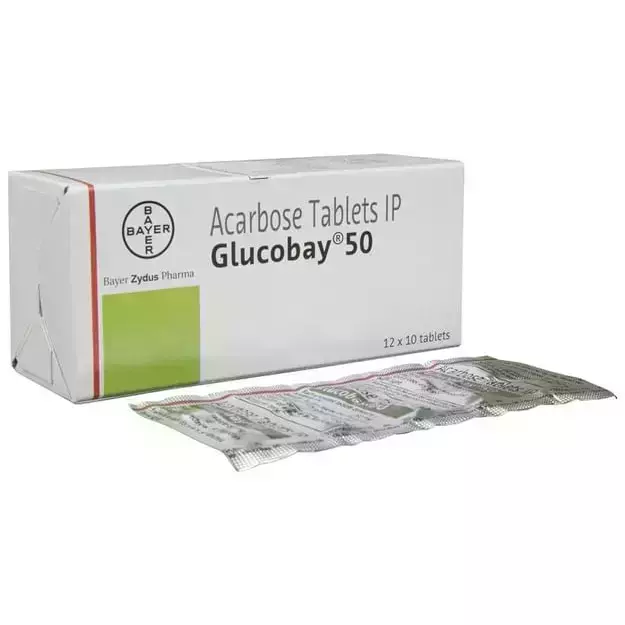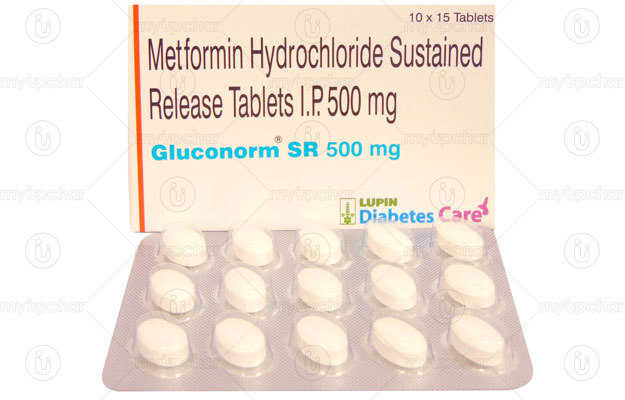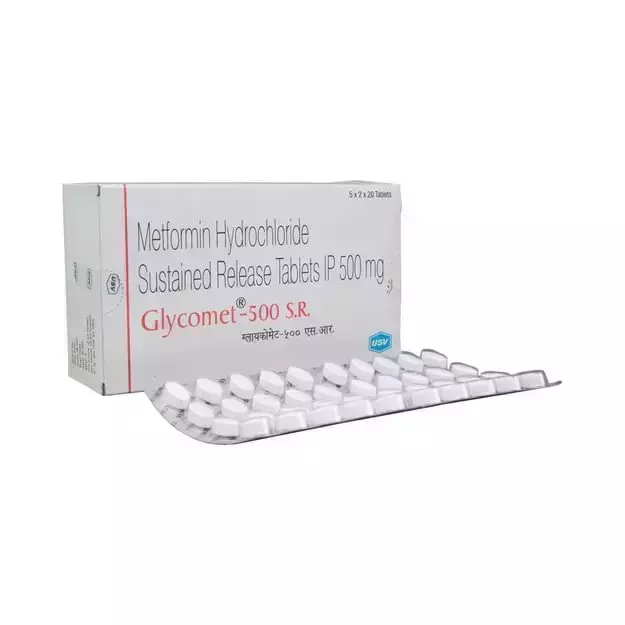Glipijub M Tablet is a prescription drug, available for use as Tablet. The alternative uses of Glipijub M Tablet have also been explained below.
The optimal dosage of Glipijub M Tablet is largely dependent on the individual's body weight, medical history, gender and age. Dosage also depends on the route of administration and your chief complaint for which the drug is prescribed. Refer to the dosage section for a detailed discussion.
The most common side effects of Glipijub M Tablet are Stomach Upset, Difficulty urinating, Hypoglycemia (Low blood sugar level). Besides the aforementioned side effects, there are other adverse effects of Glipijub M Tablet as well, which are listed below. Usually, these side effects of Glipijub M Tablet go away soon, and do not persist beyond the duration of the treatment. Consult your doctor if these side effects become worse or stay for a longer duration.
In addition, Glipijub M Tablet's effect is Moderate during pregnancy and Severe for lactating mothers. It is important to know if Glipijub M Tablet has any effect on the kidney, liver and heart. Information on such adverse effects, if any, has been given in the Glipijub M Tablet related warnings section.
Individuals suffering from medical conditions like Congestive Heart Failure (CHF), Anemia, Shock must refrain from the use of Glipijub M Tablet since this can cause severe adverse effects. Some other conditions that can be affected by Glipijub M Tablet are listed in the contraindications section below.
Drug interactions for Glipijub M Tablet have been reported in the medical literature. A complete list of these interactions is given below.
You should also be aware that Glipijub M Tablet is safe while driving, and is addiction.
X




















